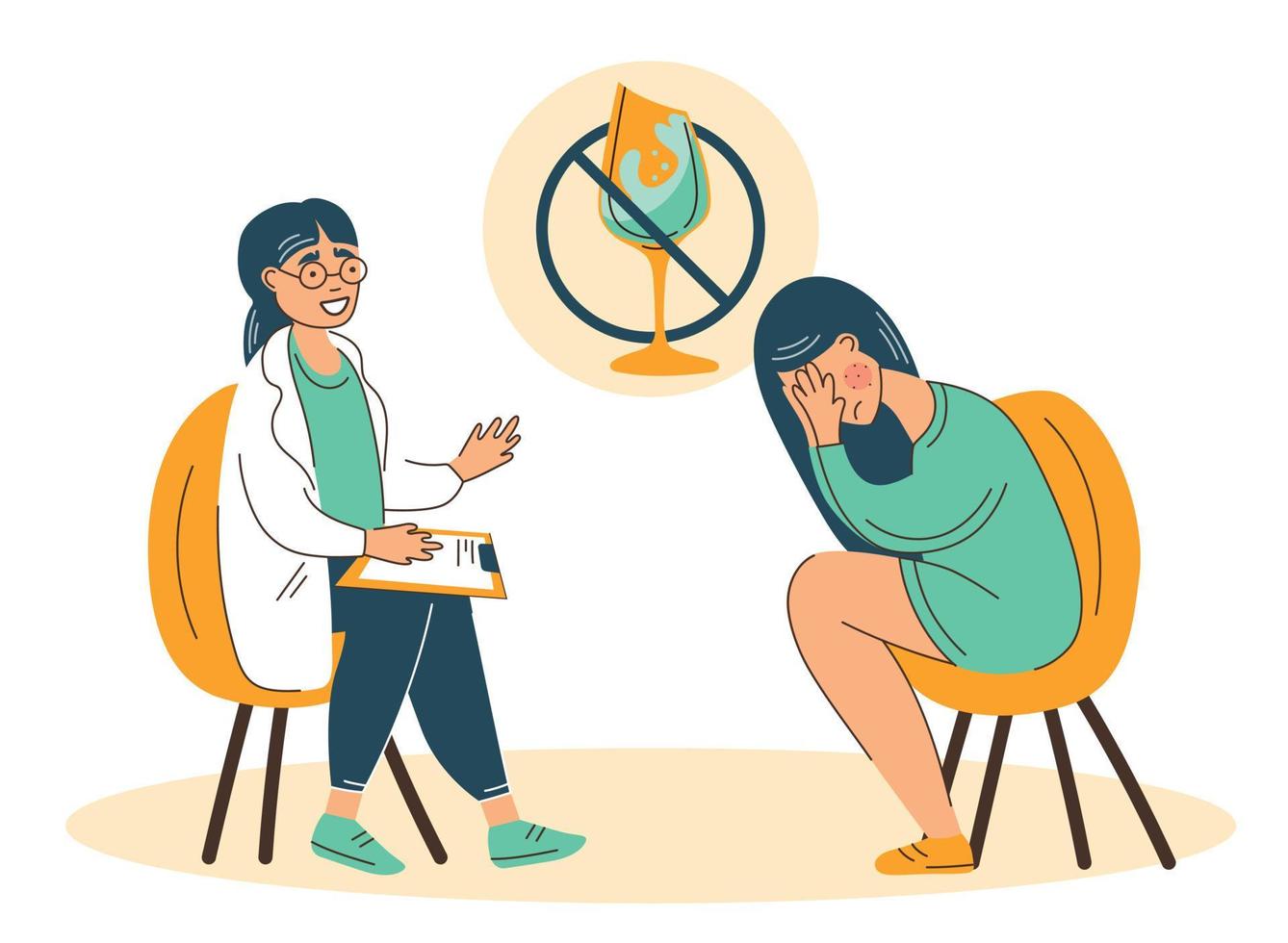Clinical depression, also known as major depressive disorder, is a common and serious medical illness that negatively affects how you feel, the way you think and how you act. Fortunately, there are many effective treatment options available, and therapy is a cornerstone of managing depression. This article explores different therapy approaches for clinical depression, helping you find the path to healing from the inside.
Understanding Therapy for Clinical Depression
Therapy, also referred to as psychotherapy or counseling, provides a safe and supportive space to explore your thoughts, feelings, and experiences related to depression. A licensed mental health professional will work collaboratively with you to develop strategies for managing symptoms, improving coping mechanisms, and fostering a more positive outlook.
There are several evidence-based therapy approaches for best clinical depression therapy, each with its own strengths and focus areas. Here’s a closer look at some of the most common ones:
1. Cognitive Behavioral Therapy (CBT): CBT is a highly effective and widely used therapy for depression. It focuses on identifying and changing negative thought patterns and behaviors that contribute to depressive symptoms. Through CBT, you’ll learn skills to:
- Challenge negative thinking: CBT helps you recognize and challenge distorted thinking patterns, such as catastrophizing or filtering out positive experiences. By identifying these patterns, you can learn to develop more balanced and realistic thoughts.
- Develop coping skills: CBT equips you with practical tools to manage stress, improve problem-solving skills, and build resilience. This empowers you to cope with challenges in a healthier way, reducing the impact of depression on your daily life.
- Increase behavioral activation: Depression can often lead to a decrease in activities you once enjoyed. CBT encourages you to gradually re-engage in these activities, promoting a sense of accomplishment and improving your mood.
2. Interpersonal Therapy (IPT): IPT focuses on how your relationships impact your mood and vice versa. This therapy explores issues like unresolved grief, role conflicts, and social isolation, all of which can contribute to depression. IPT helps you:
- Improve communication skills: IPT equips you with better communication tools to express your needs effectively and build healthier relationships. This can significantly improve your support network and reduce feelings of isolation.
- Resolve interpersonal problems: Through exploring and resolving conflicts within your relationships, IPT helps create a more supportive environment, contributing to a better overall mood.
- Develop social support: IPT can help you identify areas where you may need more social support and develop strategies to build stronger connections with others.
3. Mindfulness-Based Therapy: Mindfulness-based therapies, like Mindfulness-Based Cognitive Therapy (MBCT), combine traditional CBT techniques with mindfulness practices like meditation. Mindfulness helps you become more aware of your thoughts and feelings without judgment, allowing you to detach from negative thought patterns. Through MBCT, you can learn to:
- Increase self-awareness: Mindfulness helps you recognize negative thoughts and feelings arising without getting caught up in them. This allows you to respond more effectively instead of reacting impulsively.
- Develop acceptance: MBCT teaches skills for accepting difficult thoughts and feelings without judgment. By fostering acceptance, you can reduce the power negative emotions have over you.
- Improve emotional regulation: Mindfulness practices can help you learn to regulate your emotions in a healthier way, decreasing their intensity and duration.
Finding the Right Therapist:
Choosing a therapist who is a good fit for you is crucial for successful treatment. Consider factors like:
- Therapist’s specialty: Look for a therapist experienced in treating clinical depression.
- Therapeutic approach: Explore the different online therapy in India approaches discussed and see which resonates with you. Discuss your preferences with potential therapists.
- Personality fit: It’s important to feel comfortable and safe with your therapist. During initial consultations, assess if you feel a sense of trust and rapport.
Additional Considerations:
Therapy is a collaborative process, requiring active participation from you. Be prepared to commit to regular sessions and engage openly with your therapist. While medication may also be recommended in some cases, therapy equips you with long-term tools to manage depression and improve your overall well-being.


